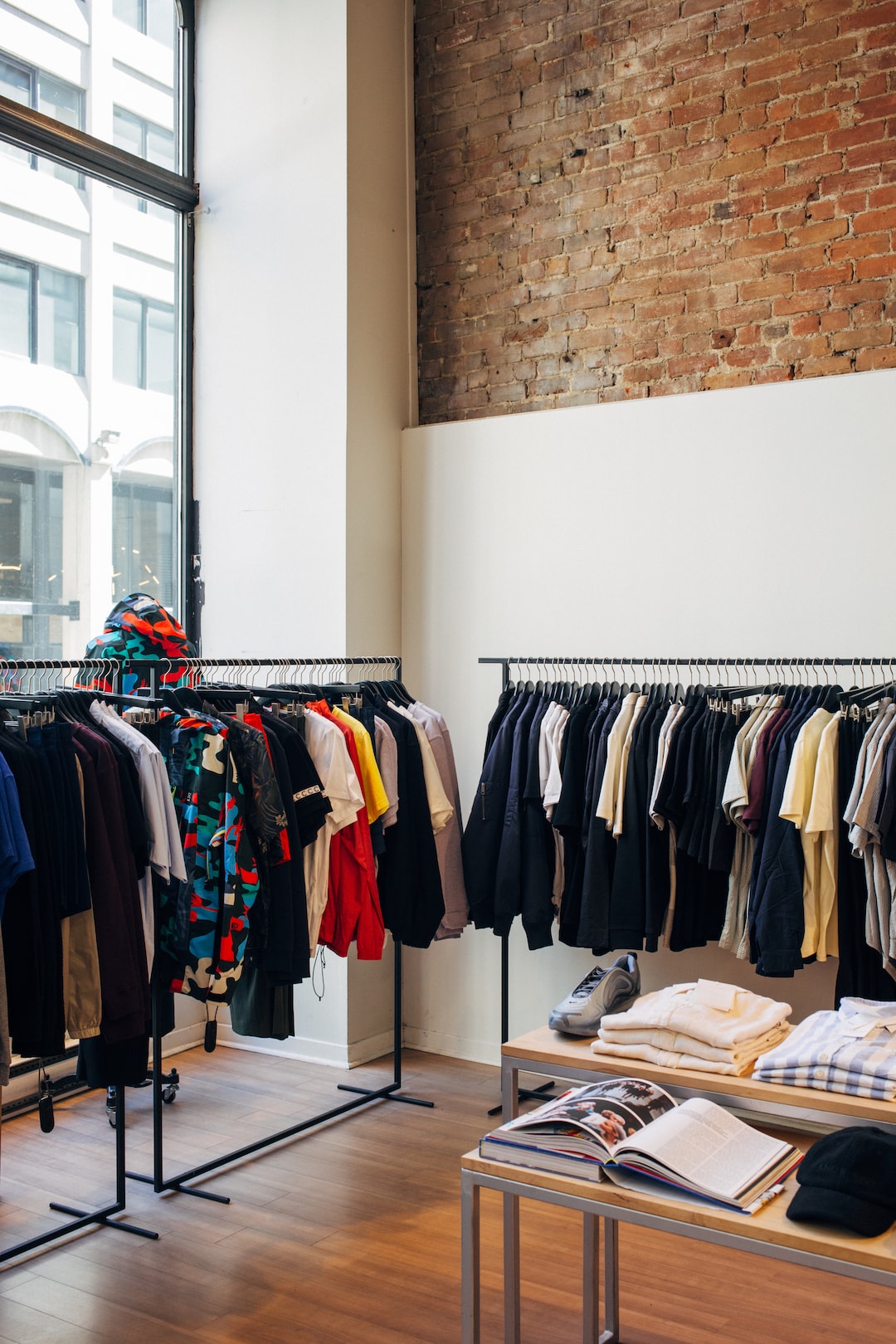The Ultimate Guide to Finding Sustainable and Ethical Fashion Brands
In recent years, there has been a growing movement towards sustainable and ethical fashion. People are becoming more conscious of the negative impact the fashion industry has on the environment and the workers involved in the production process. As a result, consumers are actively seeking out brands that are committed to sustainable and ethical practices. If you’re looking to join this movement and make more conscious choices in your fashion purchases, here is the ultimate guide to finding sustainable and ethical fashion brands.
1. Do Your Research
The first step in finding sustainable and ethical fashion brands is to do your research. Look for brands that are transparent about their sourcing and production methods. This information should be easily accessible on their website or through other reliable sources. Look for certifications such as Fairtrade, Global Organic Textile Standard (GOTS), or Bluesign, which ensure that the brand meets certain sustainable and ethical standards.
2. Check Material Quality and Origin
One of the key aspects of sustainable and ethical fashion is the use of high-quality and responsibly sourced materials. Look for brands that use organic and natural fibers like organic cotton, hemp, or bamboo. These materials are grown without the use of harmful chemicals and are biodegradable. Additionally, consider the origin of the materials. Ensure that they are sourced from sustainable and ethical suppliers who promote fair labor practices.
3. Consider the Production Process
Sustainable and ethical fashion brands take into account the entire production process, from sourcing materials to manufacturing and distribution. Look for brands that prioritize reduced energy consumption, water conservation, and waste reduction. Some brands even implement innovative technologies like recycling materials or using renewable energy sources in their production process. By supporting these brands, you contribute to the reduction of environmental pollution caused by the fashion industry.
4. Fair Labor Practices
One of the most important aspects of ethical fashion is the treatment of workers in the supply chain. Look for brands that ensure fair wages and safe working conditions for their employees. Some brands even work directly with artisans and small-scale producers, providing them with fair trade opportunities. By supporting these brands, you empower workers and contribute to a more equitable fashion industry.
5. Minimal Waste and Circular Fashion
Sustainable and ethical fashion brands often adopt circular fashion practices, aiming to minimize waste in the industry. Look for brands that implement recycling and upcycling techniques, where old garments are transformed into new designs. Additionally, consider brands that offer repair services or take-back programs to extend the life of their products. By choosing these brands, you contribute to reducing the amount of clothing that ends up in landfills.
6. Slow Fashion Movement
Another key concept in sustainable and ethical fashion is the slow fashion movement. This movement advocates for quality over quantity, encouraging consumers to invest in timeless and durable pieces that last. Look for brands that prioritize craftsmanship and timeless designs. By supporting the slow fashion movement, you contribute to reducing the demand for fast fashion and its associated negative impacts.
7. Community Engagement and Activism
Lastly, consider brands that are actively engaged in community projects and activism. Look for brands that support social causes or donate a percentage of their profits to charity. These brands demonstrate a commitment to making a positive impact beyond the fashion industry. By supporting them, you align yourself with their values and contribute to creating a more sustainable and equitable world.
In conclusion, finding sustainable and ethical fashion brands requires research and conscious decision-making. Consider factors such as transparency, material quality and origin, production processes, fair labor practices, waste reduction, slow fashion movement, and community engagement. By supporting these brands, you contribute to a more sustainable and ethical fashion industry, making a positive impact on the environment and the workers involved. Remember, every purchase you make is a vote for the kind of world you want to live in, so choose wisely and support sustainable and ethical fashion brands.

